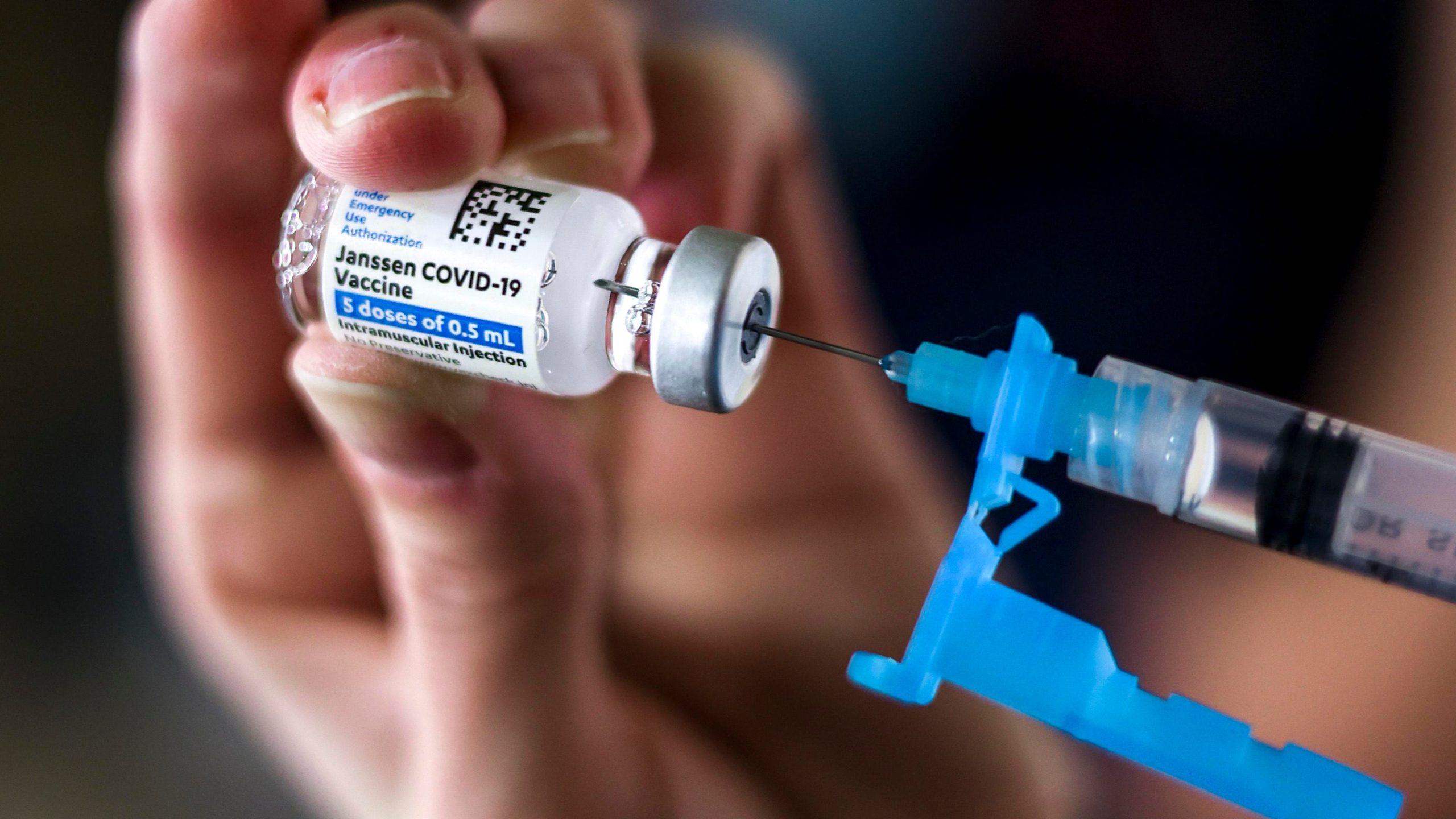Testing for Coronavirus disease (COVID-19) is something you have undoubtedly heard a lot about. You should contact your healthcare practitioner or your local health department as soon as you suspect you have COVID-19 and need to get tested, or even when you need a certificate like a fit to fly COVID test. You can also find a community testing location in your state or you can purchase an FDA-approved at-home test to administer yourself. Some FDA-approved at-home tests provide results in as little as a few minutes. For certain tests, you must submit the sample to a laboratory for examination.
If you intend to travel, the local government or even the city may ask you to do a PCR testor rapid antigen test for travel, so make sure you are aware of any requirements ahead of time. At least a week before your departure, double-check the COVID-19 test criteria with your airline and the authorities at your destination. Currently, you have the option of taking your COVID-19 test at a laboratory, an airport, or even your own home.
Faster turnaround times for rapid antigen tests are the primary benefits of using them. They are also easy to use, can be conducted at the point of care, and are less expensive than molecular tests, allowing them to be used on a broader scale than traditional molecular testing methods. Although they are more accurate than molecular tests, they are less dependable; they attain high specificity but low sensitivity. Testing travellers for air travel may be useful for providing extra screening before boarding aircraft and for easing quarantine procedures upon arrival, but such tactics should be used with prudence and only when necessary.
However, the viral disease may be prevented most effectively by being vaccinated. In order to protect yourself, get vaccinated whenever feasible. Like a booster shot, you have a choice of COVID-19 vaccines. Some individuals preferred the vaccination type they had when they were first immunized, while others chose to obtain a different booster. This form of mix-and-match dose for booster injections is now allowed per the CDC’s guidelines.
If you are fully vaccinated, the below infographic from Harley Medic International is for you; it discusses everything you need to know about the third vaccine (booster shot).

